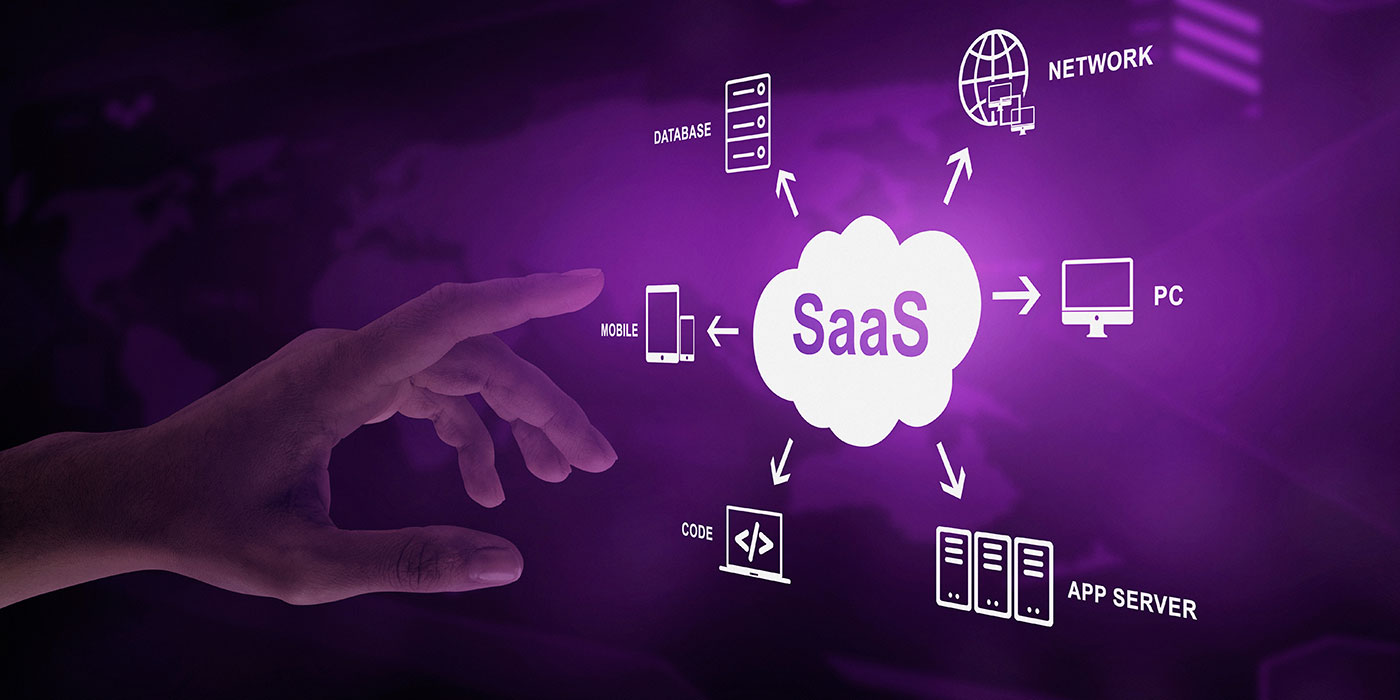
What is Artificial Intelligence? Everyday Applications of AI
Artificial Intelligence (AI) has become one of the most transformative technologies of our time. From smartphones to healthcare, AI is embedded in many aspects of our daily lives. But what exactly is AI, and how is it used in everyday life?
What is Artificial Intelligence?
Artificial Intelligence refers to computer systems that can mimic human intelligence. These systems can perform tasks like learning, reasoning, problem-solving, and understanding natural language without human intervention. In short, AI allows machines to “think” and make decisions like humans.
The goal of AI is to create intelligent systems that can learn from experience, adapt to new inputs, and perform tasks traditionally requiring human intelligence.
Where is AI Used in Daily Life?
1. Smart Assistants
Voice assistants like Siri, Google Assistant, and Alexa understand and respond to our voice commands. These rely on natural language processing (NLP) to function.
2. Recommendation Systems
Whether it’s Netflix suggesting shows, Spotify recommending music, or Amazon offering product suggestions—these all use AI algorithms to tailor content to your preferences.
3. Image Recognition & Security
Face recognition systems, surveillance analytics, and security features in smartphones are powered by AI-based vision and detection algorithms.
4. Navigation and Maps
Apps like Google Maps and Waze use AI to analyze traffic patterns in real-time and suggest the fastest routes to your destination.
5. Social Media
Features like Instagram filters, TikTok’s “For You” feed, and Facebook’s face-tagging system all use AI to enhance user experience.
6. Finance and Banking
Fraud detection, credit scoring, and robo-advisors in investment apps rely on AI to process huge volumes of data and make informed decisions.
7. Healthcare
AI is revolutionizing diagnostics, medical imaging analysis, and personalized health monitoring through devices like smartwatches and fitness trackers.
8. Autonomous Vehicles
Self-driving cars like those developed by Tesla use AI to detect surroundings, make decisions, and navigate roads safely.
9. Chatbots and Customer Service
Many websites now have AI-powered chatbots that provide instant answers to customer queries and support needs.
10. Education and Learning
AI-driven educational platforms can identify learning gaps and personalize content. Language learning apps like Duolingo use AI to adapt lessons based on user performance.
Conclusion: AI is Everywhere
Artificial Intelligence is no longer just science fiction—it’s a part of our everyday reality. From our pockets to our homes, cars, and workplaces, AI is transforming how we live and work.
🚀 Today, AI is not just a technology—it’s the driving force of digital transformation.
